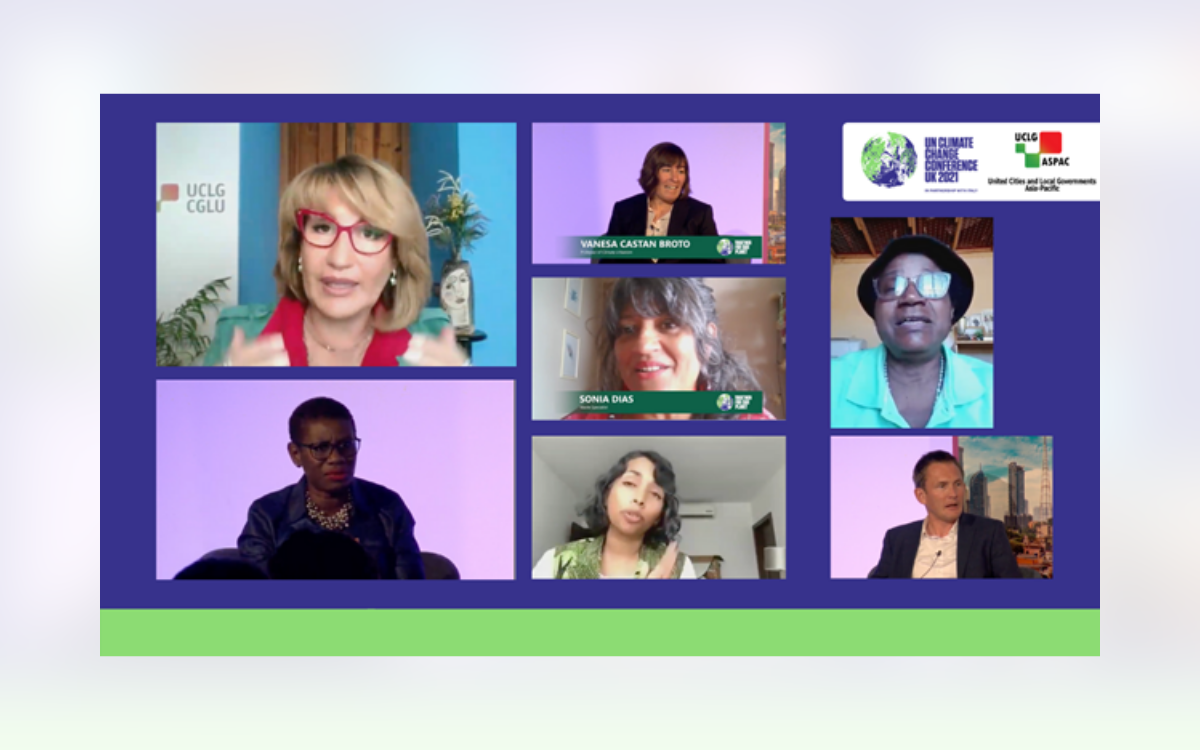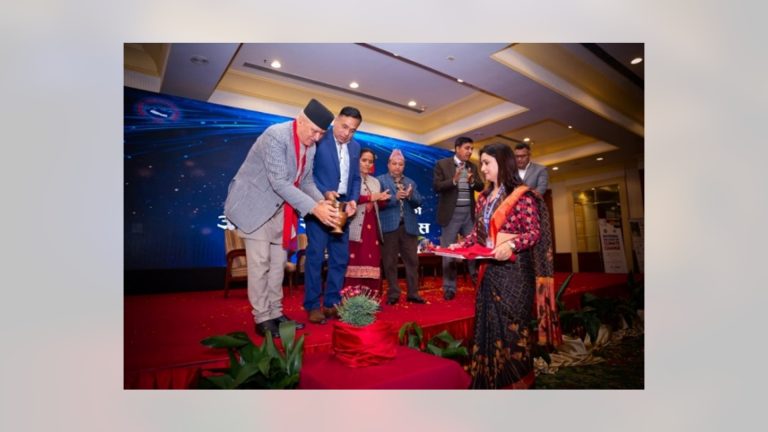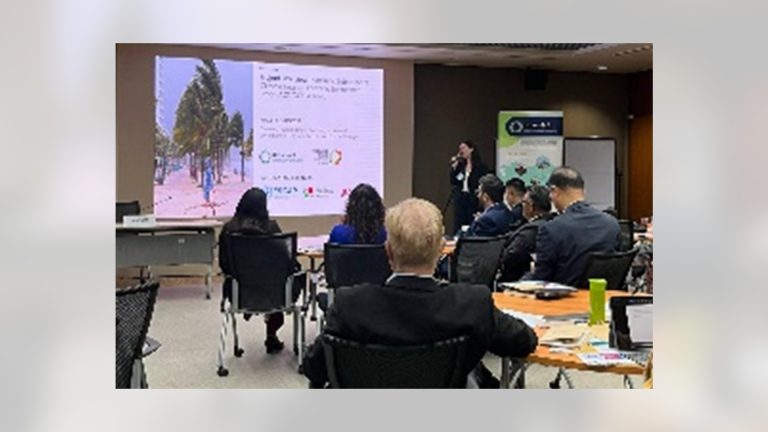By 2050, it is estimated that approximately 68% of the world’s population will reside in towns and cities, and development planning must take into account this fact, along with general demographic goals that are predicted to occur in particularly secondary cities of the global south. That statistic also sets the scene as to how we can move forward in tackling the multifaceted impacts of climate change post COP26, especially with the fact that within that 68%, is a big portion of people living in informal settlements[1].
When we look at the recent COVID-19 crisis, we have seen how the pandemic has highlighted how global health, social, economic and environmental challenges interlink. We also have seen that structural inequalities can worsen their impacts, leading to the importance of locally-led response to prepare the planet and people in all levels of society – especially the most vulnerable to build back better and respond better to future shocks and stresses.
Climate action should be led at the city-level, and it’s better to examine informality
This should also be applied in the creation of climate change policies and actions. Cities play a key role in delivering climate commitments of the Paris Agreement, such as keeping 1.5 degrees within reach and prioritising the race-to-zero.
However, current plans and policies of urban planning and management centered around addressing climate change should be improved by making them more inclusive. It must take account the lives of the urban poor in informal settlements, who are on the front lines, and experience most of the impacts on climate change. This is called ensuring climate justice; a topic that is resonating throughout COP26 and was discussed at a side event titled Urban informality & inequality: a global call for climate justice. It is co-organised by Cities Alliance, CLGF and UKRI to facilitate a cross-sectoral discussion of how cities and local governments look at urban informality to address climate change equitably in cities.
Delivering her keynote speech, Mayor of Freetown, Sierra Leone, Yvonne Aki-Sawyer highlighted how communities living in informal settlements should be acknowledged in account of the culmilative risks of climate change that they’re facing. They need to be involved in the creation of localised solutions as climate justice for the urban poor will be critical to their well-being and livelihoods. She also added how financing and land tenure are critical ways to support communities to curb the environmental impact caused by the informality establishment. “We talk about moving fast because we have a climate emergency. Landslide prevention, mitigation, deforestation, ensuring access to water…needs financing. It is up to us to work together with communities so that they are part of the solution,”she said.
Land tenure problems were echoed, by Rose Molokane as VP of Slum Dwellers International South Africa (SDI), being one of the many reasons why informal settlements continue to appear. She observed how settlements and slums are often left out of development planning processes, and its people are unaware of their rights and information regarding land. “They are at risk of being evicted and whose settlements are rather called “illegal” and vulnerable to the impacts of climate change, ” she said. Therefore, she calls for better partnerships with municipalities to create community-driven projects regarding climate that are based around the needs of poor and marginalised communities, as it intersects with waste management issues among many others.
In light of this, Sonia Dias, a waste specialist from WIEGO, Brazil said that communities in informal settlements, actually acquire the specified knowledge to contribute in tackling waste problems through recycling, with many working as waste pickers. It could even help municipalities in better-managing landfill waste that would usually involve unsustainable waste management methods such as incinerators and save local budgets. “In (informal) settlements that most waste pickers live in, they know how to reserve resources to prevent water pollution, hugely contributing to GHG reduction by sorting around 5.4 tons of CO2 by sorting recyclables manually rather than incinerators.”, she highlighted.
“Policymakers must fully embrace the notion that waste pickers and informal workers are part of society, and we must fully involve them in decision-making to foster climate justice. Nothing without us can be done for us.”
Sonia Dias, Waste Specialist, WIEGO, Brazil
This was also agreed by Rubbina Karruna as Regional Cities & Infrastructure Adviser, Foreign, Commonwealth and Development Office, UK, where engaging with informalities is good to shape many cities, as “recognising informal doesn’t mean illegal,” she said. She believes that low-income communities also make a city as they are critical to the functioning of cities as equal citizens, and strategic contributors to climate action. To leverage that, partnership with cities is crucial. “They are the most impacted by climate change, but whose voices are not heard. There are needs to be a city-wide system that recognise informal waste collectors as a big part of waste management in a city,” she said.
Considering these statements, it can be seen that a big aspect of climate justice is inclusivity; making sure than everyone, especially vulnerable communities, has basic infrastructure and services that are resilient, and adapted to a changing climate. David Dodman as Director of UK’s Human Settlements at the International Institute for Environment and Development agreed to this, and even highlighted that “informal economies are better at enforcing a circular economy, taking advantage of resources and managing waste. People need affordable housing, therefore climate action needs to be affordable, and accessible too,” he said.
Therefore, after acknowledging informality, the next steps towards climate justice are fostering partnerships between cities, researchers, private sectors and civil society which was discussed by Emilia Saiz as Secretary-General of UCLG. For example, urban low-income communities, working in informal sectors should be key partners of municipalities when it comes to climate action. “Organisations like UCLG, and other city networks like C40, ICLEI and others are shifting the notion on what informal settlements are – including migration in the conversation,” she said. UCLG recognises the role of local governments, its associations and various city networks in elevating the conversation around climate justice.
Once again, municipalities must adjust climate action to the needs of informal sectors or communities; recognising their rights as citizens that deserve to have adequate housing, especially since they are living in hazard risk-prone areas. “Informality means looking at a place where people don’t have adequate services around the area where they live. Shifting this mentality is important to UCLG, being the only way forward to building resilience, and making the informal part of climate action,” she concluded.
“We need to shift from a society based on goods and services to a society based on care, and to address informality, climate justice & migration by recognizing that we are talking about people and issues directly affecting communities”
Emilia Saiz, Secretary-General of UCLG
By KM Team
Source: https://www.youtube.com/watch?v=iz5XiNVl-ig
[1] Cities Alliance, COP26 – A Global Call for Climate Justice











